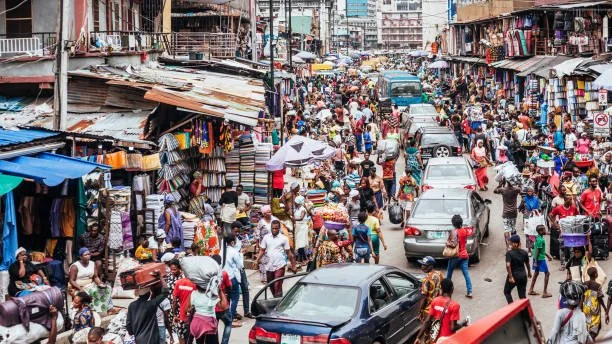June 2023
As part of the MIGNEX (Aligning Migration Management and the Migration–Development Nexus) consortium, Samuel Hall contributed to a background paper on ‘Comparative experiences of transit migration management’.
The text engages critically with the concept of transit migration and identifies key patterns of transit migration management at global, regional and country level. Through comparative analysis it examines the transit migration routes and policies of four countries: Turkey, Tunisia, Ethiopia and Pakistan.
According to Samuel Hall’s findings, transit migrants face a number of challenges, including exploitation, violence, detention, and lack of access to basic services.
As a way forward the background paper invites more research into discerning the impact of transit migration management on individual countries, on state and non-state actors, and on migrants themselves along migration routes.
Devising policy suggestions that will lead to a fairer distribution of responsibility to address protection needs in so-called ‘transit countries’ is also crucial.
Read More















